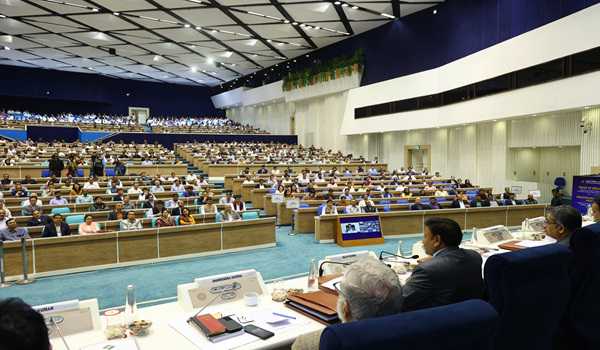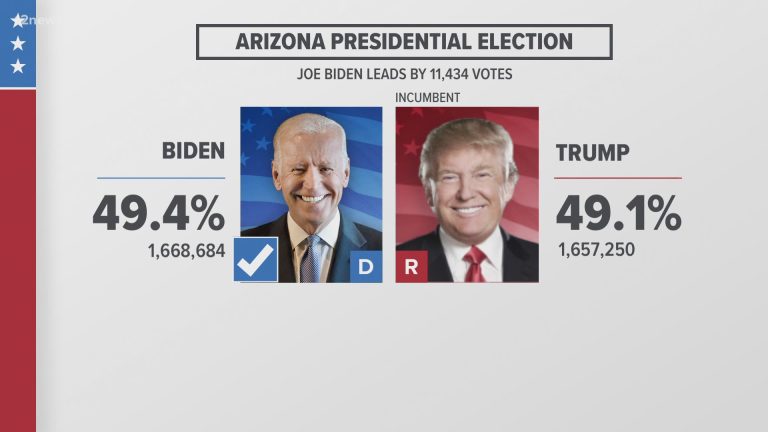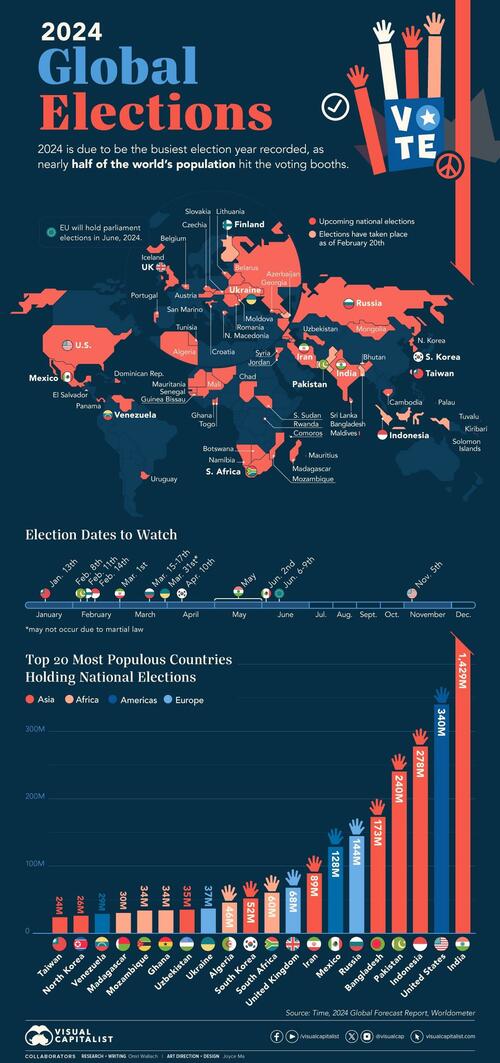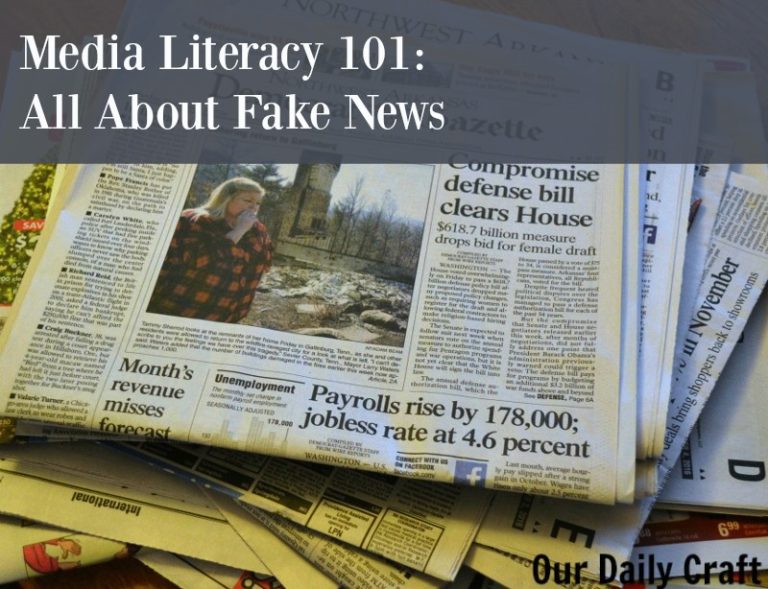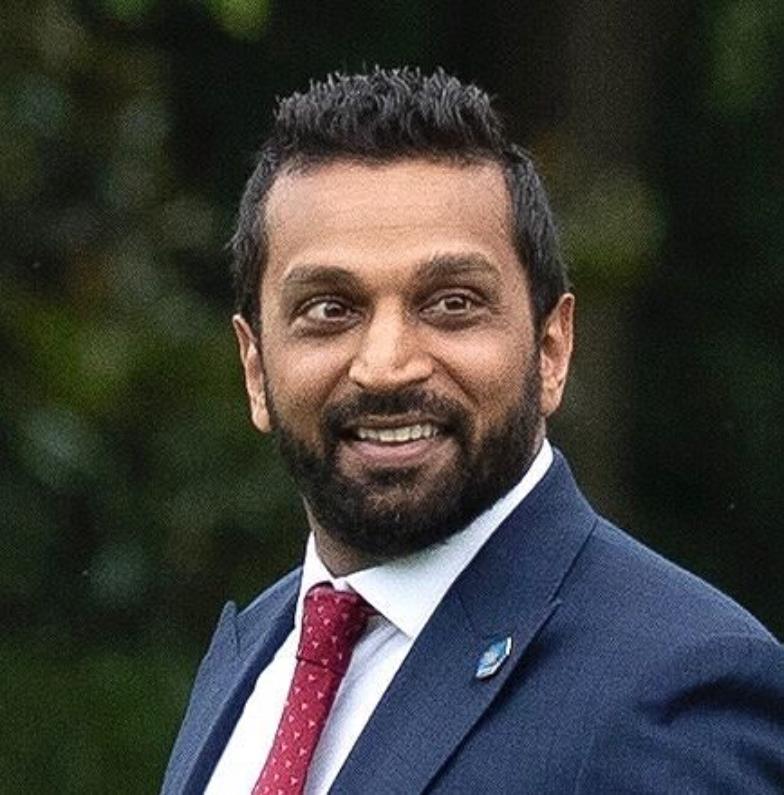

Expose the Deep State: Uncovering the 2024 Election Conspiracy
The 2024 election looms, casting a long shadow of uncertainty. Whispers of a “Deep State,” a shadowy cabal manipulating events behind the scenes, have grown into a roar, echoing across online forums and hushed conversations. This article delves into the swirling allegations, examining the evidence – or lack thereof – and exploring the fertile ground upon which such conspiracy theories thrive.
The Roots of Distrust: A Nation Divided
The very notion of a “Deep State” taps into a deep well of public distrust. Decades of political scandals, economic inequality, and perceived government overreach have fueled a sense of powerlessness and alienation. This fertile ground allows conspiracy theories to take root and flourish, offering a seemingly simple explanation for complex societal problems. The 2020 election, already fraught with division, served as a potent catalyst, further exacerbating existing fractures in the American psyche.
Unpacking the Allegations: Key Claims and Evidence
Claims surrounding a Deep State’s influence on the 2024 election vary wildly. Some allege coordinated media manipulation, designed to sway public opinion towards specific candidates. Others point to shadowy figures within intelligence agencies orchestrating events to benefit their chosen leader. Still others whisper of foreign interference, far more sophisticated and insidious than previously imagined.
However, concrete evidence supporting these claims remains elusive. While anecdotal evidence and circumstantial links abound, rigorous proof is lacking. Many accusations rely on conjecture, speculation, and interpretations of events that are easily challenged. The absence of hard evidence doesn’t negate the existence of conspiracies, but it does highlight the crucial need for critical thinking and rigorous fact-checking.
The Role of Social Media: Amplifying the Narrative
Social media platforms have become powerful vectors for the spread of misinformation. Algorithms designed to maximize engagement often inadvertently amplify extremist viewpoints, creating echo chambers where conspiracy theories gain traction and spread rapidly. The lack of robust fact-checking mechanisms on many platforms contributes to the problem, allowing false narratives to flourish unchallenged.
Analyzing the Players: Alleged Actors in the Shadows
The alleged actors in this purported Deep State conspiracy are as varied as the claims themselves. From unelected bureaucrats and intelligence officials to powerful corporations and wealthy elites, the list of suspected players is extensive and often contradictory. The lack of consistency in these accusations underscores the fragmented and often contradictory nature of the conspiracy theories themselves.
| Alleged Actor | Role in Conspiracy (Claimed) | Evidence Presented (Generally) |
|---|---|---|
| Intelligence Agencies | Information manipulation, covert operations | Anecdotal evidence, speculation |
| Major Media Outlets | Biased reporting, suppression of dissenting voices | Selective quotes, claims of bias |
| Globalist Elites | Funding campaigns, controlling narratives | Conspiracy theories, unsubstantiated claims |
The Danger of Unfounded Allegations: Erosion of Trust and Political Stability
The proliferation of unsubstantiated conspiracy theories poses a significant threat to democratic processes. By eroding public trust in institutions and undermining faith in election integrity, these narratives can destabilize society and fuel political polarization. The potential for violence and social unrest stemming from such beliefs is a serious concern.
Moving Forward: A Call for Critical Thinking and Responsible Reporting
In navigating the treacherous waters of the 2024 election, critical thinking is paramount. We must demand rigorous evidence, scrutinize sources, and resist the allure of simple explanations for complex issues. Responsible journalism plays a vital role in combating misinformation and promoting informed public discourse. Only through a collective commitment to truth and accountability can we hope to safeguard the integrity of the democratic process.
The question of a “Deep State” influencing the 2024 election remains open. While the evidence currently available falls short of proving such a vast conspiracy, the anxieties and distrust fueling these theories deserve serious attention. Addressing the underlying societal issues that give rise to such beliefs is crucial to ensuring a fair and transparent election process.

Additional Information
Expose the Deep State: Uncovering the 2024 Election Conspiracy – An Analytical Deep Dive
The claim of a “Deep State” manipulating the 2024 election, while lacking concrete evidence accepted by the mainstream, warrants a rigorous analytical examination. This analysis will explore the core components of such a conspiracy theory, assess its plausibility, and identify the underlying anxieties driving its appeal. We will avoid validating unsubstantiated allegations but instead analyze the mechanisms through which such narratives gain traction.
Dissecting the Allegations:
Conspiracy theories surrounding a “Deep State” influencing the 2024 election typically involve several interconnected claims:
-
Election Manipulation: This often includes allegations of widespread voter fraud, manipulation of voting machines, and suppression of specific demographics’ votes. Crucially, no credible evidence has been presented to support these claims in the scale necessary to influence a national election. While isolated instances of voter irregularities occur, they are typically inconsequential and swiftly addressed by existing legal frameworks. Studies by organizations like the Brennan Center for Justice consistently debunk claims of widespread fraud.
-
Coordinated Government Agencies: The conspiracy often implicates various government agencies – the intelligence community, the Department of Justice, or even the military – as actively collaborating to manipulate election outcomes. This presupposes an unprecedented level of coordinated secrecy and collusion across different branches of government, a feat incredibly difficult to achieve and maintain. The existence of internal whistleblowers and the inherent bureaucratic friction within large governmental structures make such a coordinated effort highly improbable.
-
Media Collusion: The narrative frequently portrays mainstream media as complicit in concealing the alleged manipulation, presenting a unified front of misinformation. This ignores the inherent diversity of viewpoints and journalistic practices within the media landscape. While biases exist, the notion of a perfectly coordinated media blackout is unrealistic and contradicts the observable evidence of varied coverage and critique.
-
Foreign Interference: Some theories implicate foreign actors in aiding the supposed manipulation, often citing evidence selectively or out of context. While foreign interference in elections is a genuine threat, the scale and impact claimed by these theories usually lack supporting verifiable data. Government agencies actively monitor and counter such interference, and their findings rarely align with the claims of widespread election manipulation.
Psychological and Sociological Analysis:
The appeal of such narratives lies in several factors:
-
Erosion of Trust: Declining public trust in institutions, including government, media, and electoral processes, creates fertile ground for conspiracy theories. Experiences of perceived injustice and political polarization fuel skepticism and a desire for alternative explanations.
-
Confirmation Bias: Individuals tend to seek out information confirming their existing beliefs and dismiss contradictory evidence. This reinforces the perception of a “Deep State” even when faced with contradictory facts.
-
Narrative Simplicity: Conspiracy theories often offer simple, easily digestible explanations for complex political phenomena. This is appealing in an increasingly fragmented and polarized information landscape.
-
Sense of Agency: Believing in a coordinated conspiracy can provide a sense of control and understanding in a world perceived as chaotic and unpredictable. It empowers individuals by assigning responsibility to a specific, identifiable “enemy.”
Conclusion:
While the “Deep State” narrative surrounding the 2024 election garners attention, it lacks the evidentiary support necessary for serious consideration. The analysis reveals a complex interplay of declining trust, psychological biases, and the inherent appeal of simplified narratives in a complex political environment. Understanding the underlying factors driving the acceptance of these theories is crucial for addressing the erosion of trust in democratic institutions and fostering informed public discourse. Further research should focus on the spread of disinformation, the role of social media algorithms, and the development of effective strategies for combating misinformation.

